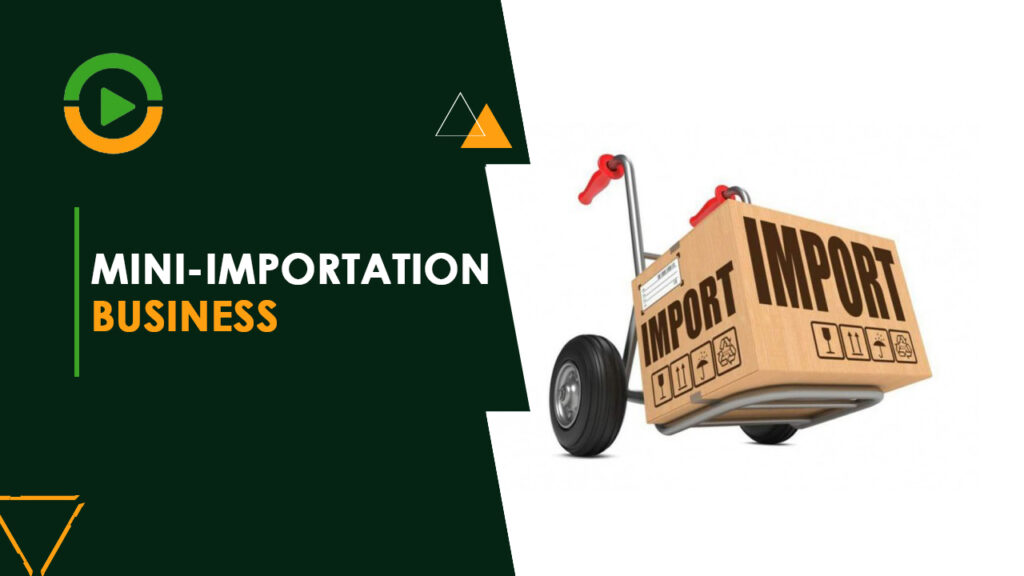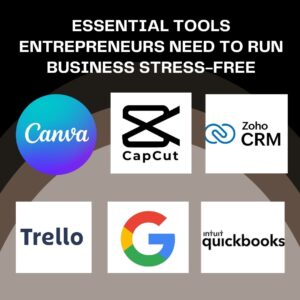
Guide to Starting a Mini Importation Business
Guide to Starting a Mini Importation Business. Starting a mini importation business involves several crucial steps. To guide you through the process, here’s a detailed roadmap:
Market Research
- Firstly, identify a niche by determining the specific products you want to import. Additionally, consider factors like demand, competition, and profit margins.
- Secondly, analyze the market to understand the demand for your chosen products. Subsequently, look for trends and assess whether there’s a steady customer base.
Legal Considerations
- Though depending on your location, register your business with the appropriate authorities. Besides, this ensures that you operate legally and can handle imports and sales officially.
- Additionally, check if there are any specific licenses or permits required for importing and selling certain products in your country.
Guide to Starting a Mini Importation Business -Source Reliable Suppliers
- Begin by researching reputable suppliers or manufacturers in countries known for producing the products you’re interested in. Subsequently, utilize online platforms like Alibaba, AliExpress, or trade shows.
- Further, verify supplier credentials by checking for certifications, reviews, and ratings. However, communicate with potential suppliers to establish a professional relationship.
Product Selection and Sampling
- Thereby, select products that align with your market research and have good profit potential. Consistently, consider factors like quality, uniqueness, and market demand.
- Though, before placing a bulk order, request product samples to assess quality. Hence, this step helps avoid potential issues with subpar products.
Guide to Starting a Mini Importation Business -Pricing and Cost Analysis
- Calculate all costs associated with the product, shipping, import duties, customs clearance, and local delivery. In addition, ensure there’s still a reasonable margin for profit.
Shipping and Logistics
- Meanwhile determine the most suitable shipping method based on your budget, urgency, and volume of goods.
- Collaborate with a reliable shipping company or freight forwarder to handle logistics. More so, including customs documentation and clearance.
Quality Control
- Clearly communicate your expectations regarding product specifications. Even so, packaging, and any customization requirements to the supplier.
- Conduct a thorough inspection of the goods upon arrival to ensure they meet your standards before distributing them.
Guide to Starting a Mini Importation Business -Establish an Online Presence
- Create an e-commerce platform, either by setting up a website or utilizing existing online marketplaces. Particularly, Amazon, eBay, or Shopify to showcase your products.
- Optimize product listings with clear and appealing descriptions, high-quality images, and competitive pricing.
Marketing and Promotion
- Develop a comprehensive marketing strategy that includes utilizing social media, content marketing, and email marketing. More so, possibly paid advertising to promote your products.
- Focus on building a brand image that resonates with your target audience to enhance brand awareness.
Guide to Starting a Mini Importation Business -Customer Service and Support
- Provide excellent customer service by responding promptly to inquiries. Additionally, addressing customer concerns, and ensuring a positive buying experience.
- Consistently deliver quality products and exceptional service to build trust and reputation with your customers.
Monitor and Analyze Performance
- Keep detailed records of your sales, expenses, and profits to understand the financial health of your business.
- However, pay close attention to customer reviews and feedback to identify areas for improvement.
Scale Your Business
- Explore growth opportunities, such as expanding your product range, entering new markets, or optimizing your operations for efficiency.
Remember, success in mini-importation requires continuous learning, adaptability, and a customer-centric approach. Stay updated with industry trends and be willing to adjust your strategies as needed.









